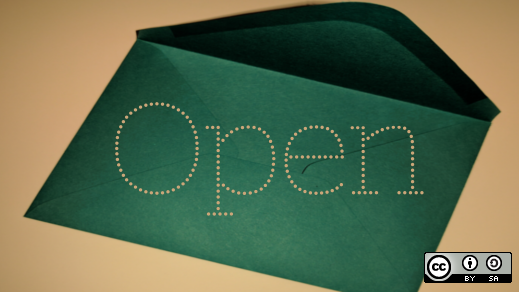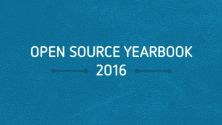The public sector tends to lag—some would say drag—behind the private sector when it comes to adopting new technologies. This is also true when it comes to adopting free software: Although companies widely see free technologies as a boon, government organizations often are still locked into proprietary software and work with closed standards.
That said, some countries are making progress moving toward open source technologies.
1. Bill makes free software a priority in the Russian public sector
The draft of the bill, approved by the Russian Federation's State Duma (lower house) in mid-October, requires the public sector prioritize free software over proprietary alternatives, gives preference to local IT businesses that produce free software for public tenders, and recognizes the need to encourage collaboration with the global network of free software organizations and communities.
The bill is intended to reduce the dependency of the Russian public sector on non-Russian proprietary vendors, boost the local IT industry, and increase collaboration with free software organizations and communities.
2. Amendments to Bulgarian's Electronic Governance Act pave the way for free software
Moving a bit westward, and in a similar a vein as the Russian law described above, Bulgaria amended its Electronic Governance Act to require that all software written for the government be open source and developed as such in a public repository (i.e., the Bulgarian government is setting up its own GitHub).
In his blog post about the news, Bozhidar Bozhanov, advisor to the Bulgarian Deputy Prime Minister and the person who engineered the hacking of the Bulgarian law, says, "It means that whatever custom software the government procures will be visible and accessible to everyone. After all, it's paid by tax-payers money and they should both be able to see it and benefit from it."
This is common sentiment, pushed hard by groups such as the FSFE (the Free Software Foundation's European sister organization). In fact, European governments adopting free software has become a bit of a trend in recent years. EU directives that require more transparency in procurements often make adopting free licenses for software made by or for the public administration the only viable option.
3. The Netherlands moves toward adopting open standards
The Netherlands is taking steps toward making the use of open standards mandatory for public administrations in the Netherlands. A law proposed by Dutch MP Astrid Oosenbrug was adopted by the lower house of the parliament in October and goes into effect in 2017. Oosenbrug says the minister earlier agreed to make open standards mandatory. "Ironically, the lower house published the adopted law on its website by providing a download link to a document in a proprietary format," Oosenbrug adds. The upper house, on the other hand, uses the Open Document Format, an ISO standard. Baby steps, I guess.
4. Members of the European Parliament vote for more free software in the public sector
The supranational organizations at the heart of the European Union are also updating their regulations. In January, the European Parliament adopted an initiative that should bolster the adoption of free software within the EU's public sector.
The initiative requires the European Commission "better promote the security advantages of open source software upgrades to users" and "increase the share of free and open source software and its reuse in and between public administrations as a solution to increase interoperability."
The initiative, however, was overshadowed by the fact that it also considers licensing standard and essential patents under FRAND (fair, reasonable, and non-discriminatory) licenses "in order to preserve R&D and standardization incentives and foster innovation." (As the FSFE points out in its analysis of the initiative, FRAND licenses are bad for free software.)
All of the above is well and good, but if you're not working in or with the public sector, it all seems a bit remote. What about laws that favor the end user? Well, completely out of the left field, comes this law that they passed in Germany:
5. Germany forbids "compulsory routers"
Until recently, Internet service providers (ISPs) in Germany decided which router users had to use to connect to the Internet. Users had no say in which devices they had to pay for and install in their homes.
This changed on August 1. A new law allows users choose the device that gets installed in their homes. Clients of German ISPs are now allowed by law to use any terminal device they choose. Regardless of whether it is a DSL or cable connection, the ISP will have to supply the information you need to connect your alternative router to use the Internet and telephone network.
Open progress
The public sector does things at its own, often glacial, pace. Although there have been bold steps toward adopting free software, often the steps are tiny. That said, the trend is toward open: Data generated by public organizations is opening up, open standards are being adopted, and free software is making its way onto publicly owned servers and workstations.
Hopefully the trend will continue—and accelerate—in 2017.





Comments are closed.